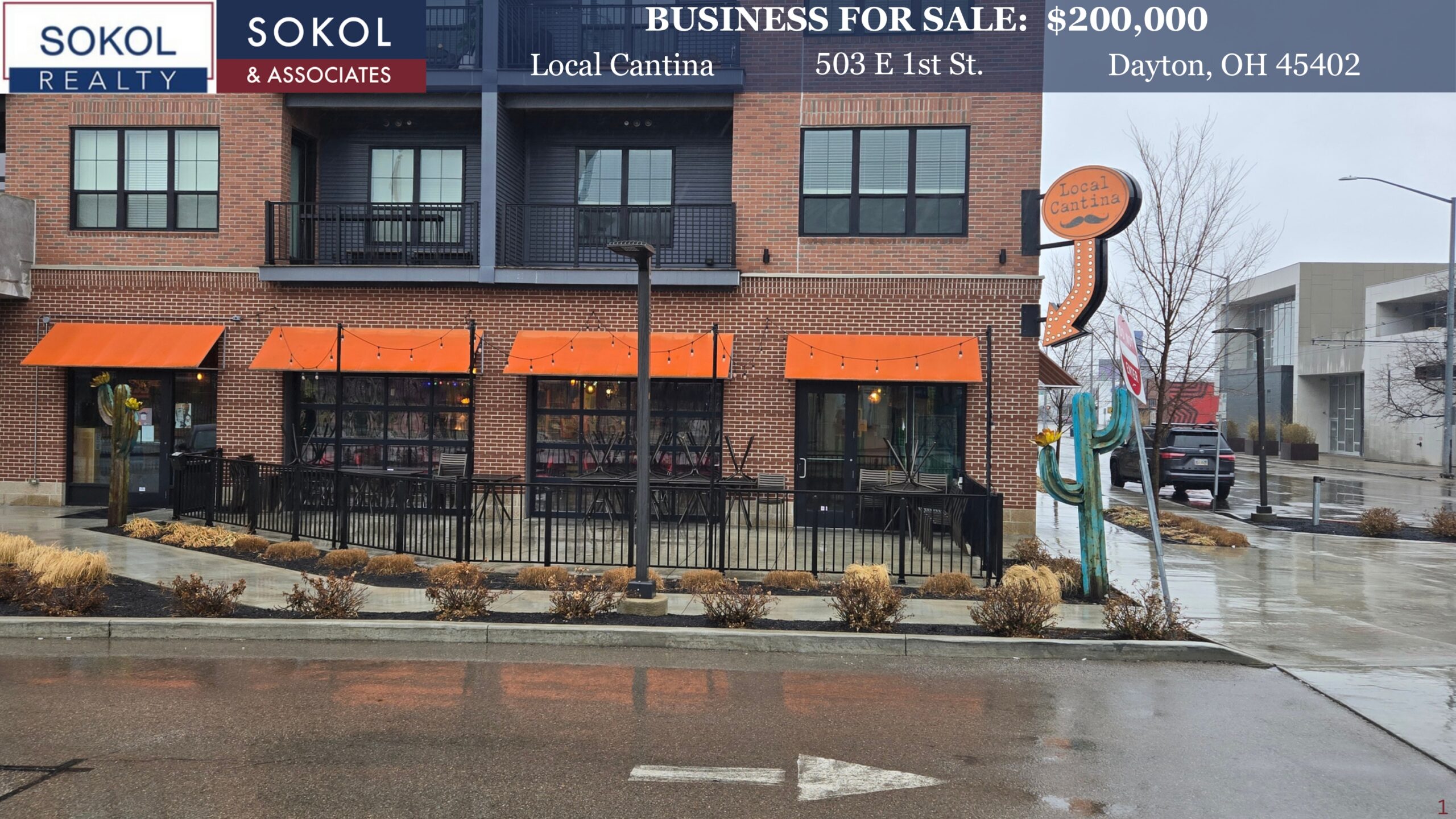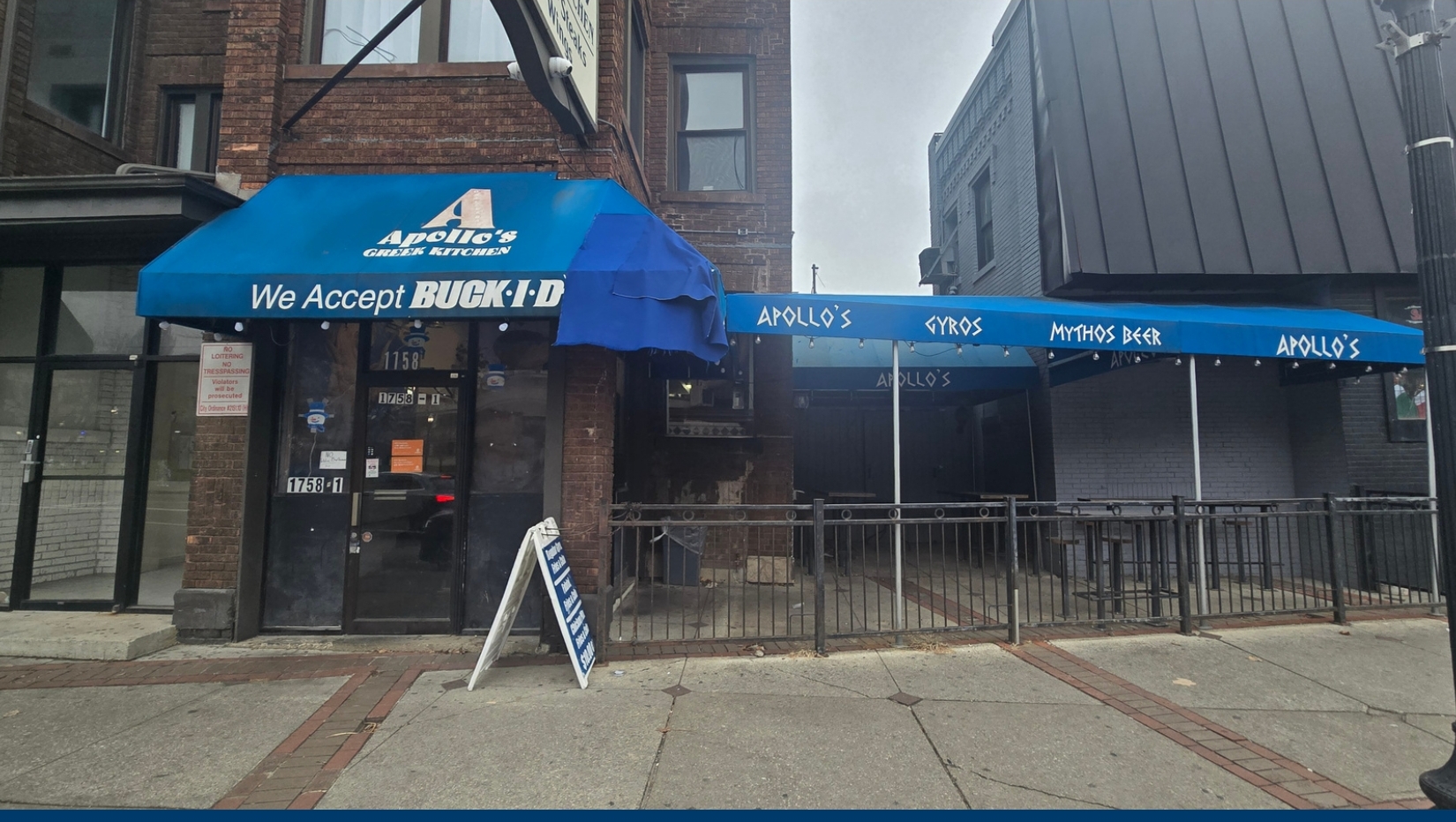Introduction:
In the dynamic world of the restaurant industry, aspiring entrepreneurs often face a critical decision: Should they open an independent restaurant or invest in a franchise? Both options have their own merits and challenges, making it essential to understand the pros and cons associated with each. In this blog post, we will explore the advantages and disadvantages of franchise and independent restaurants, helping you make an informed decision about the path that aligns best with your goals and aspirations.
1. The Power of Branding:
Franchise Pros:
- Established brand recognition for instant customer connection.
- National or regional marketing campaigns to aid customer acquisition.
- Trust and familiarity associated with recognized brands.
Franchise Cons:
- Limited creativity and personalization due to strict brand standards.
- Potential perception of being generic or lacking local authenticity.

Independent Pros:
- Complete creative freedom to craft a unique brand identity.
- Ability to cater to specific customer preferences and showcase personal vision.
- Flexibility to innovate and adapt branding strategies.
Independent Cons:
- Need to invest significant time and effort to build brand recognition.
- Requirement for substantial marketing efforts to establish a loyal customer base.
- Potential slower growth and customer acquisition without the support of an established brand.
2. Operations and Support:
Franchise Pros:
- Comprehensive operational support, including training programs and standardized procedures.
- Access to proven systems that minimize operational mistakes.
- Potential cost savings through bulk purchasing and established supply chains.
Franchise Cons:
- Ongoing fees, such as royalties and marketing contributions.
- Limited autonomy in sourcing ingredients, pricing, and menu offerings.
Independent Pros:
- Complete control over all aspects of the business.
- Freedom to choose suppliers, create unique menus, and implement innovative strategies.
- Flexibility and adaptability in response to market trends and customer preferences.
Independent Cons:
- Need to develop operational procedures, staff training programs, and supply chain networks.
- Challenges in negotiating favorable pricing and terms with suppliers.
3. Financial Considerations: 
Franchise Pros:
- Established financial models for predictable revenue projections and potential profitability.
- Easier access to financing due to perceived lower risk.
Franchise Cons:
- Franchise fees and ongoing royalties impacting profitability.
- Limited control over pricing structures set by the franchisor.
Independent Pros:
- Potential for higher profit margins without ongoing royalty fees.
- Flexibility to adjust pricing strategies and control costs effectively.
Independent Cons:
- Uncertainty in financial projections without an established model to follow.
- Challenges in securing financing or favorable loan terms due to perceived higher risk.
Conclusion:
In conclusion, determining whether to opt for a franchise or establish an independent restaurant hinges on your individual objectives, risk threshold, and the support you seek. To make an informed decision, carefully evaluate the advantages and disadvantages of each option, and consider seeking guidance from seasoned professionals in the industry. Whether you lean towards a franchise for its established brand recognition and support, or an independent restaurant for the freedom to unleash your creativity and potentially higher profit margins, keep in mind that success in the competitive restaurant industry requires passion, dedication, and an unwavering commitment to delivering exceptional customer experiences.
If you have any further questions or would like personalized advice on navigating the restaurant business, feel free to contact us at Randy@sokolandassociates.
Additionally, don’t forget to explore our featured listings and current listings. We look forward to assisting you in achieving your culinary and entrepreneurial aspirations.




